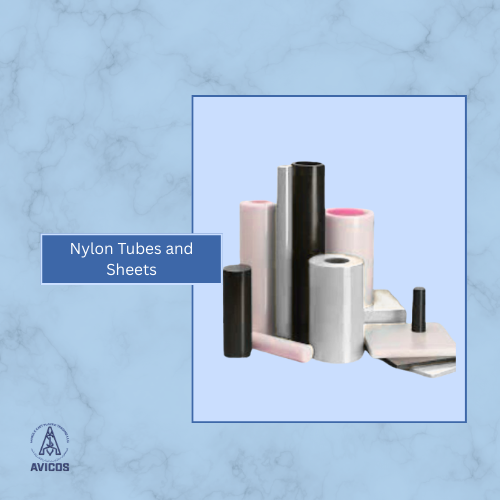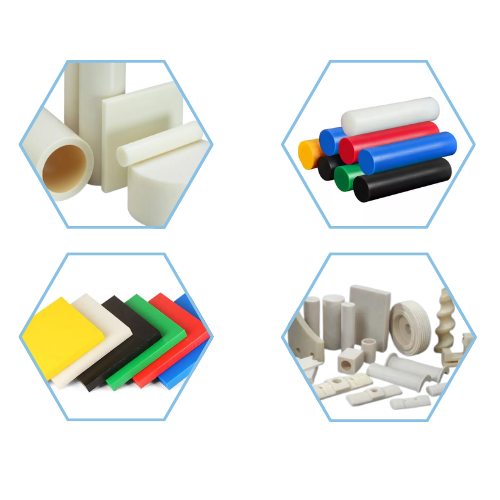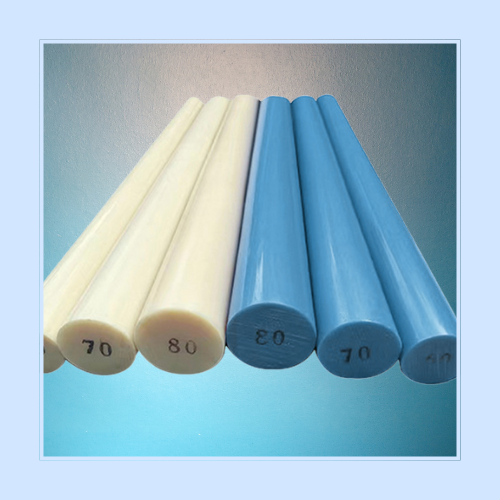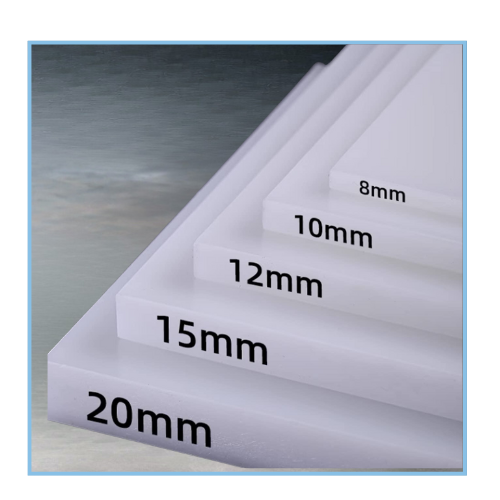What is Nylon
Nylon Sheets and Rods UAE | Wear-Resistant Engineering Plastic Dubai Supplier – Nylon 6/6 and Nylon 6 sheets/rods deliver exceptional mechanical strength, low friction, and dimensional stability for UAE’s precision engineering, automotive manufacturing, conveyor systems, and material handling equipment.
Glass-filled (30% GF) and oil-filled grades provide superior load capacity and self-lubrication, while Shore R110-120 hardness ensures long wear life in Jebel Ali factories and Sharjah production lines.
Features
Nylon sheets and Rods offer excellent mechanical strength, durability, and versatility, making them a perfect choice for industrial, engineering, and commercial applications.
- Glass-filled strength – 120 MPa tensile vs 80 MPa standard nylon.
- Self-lubricating grades – Oil-filled reduce the coefficient to 0.15.
- No-break toughness – Survives drop tests to 2m concrete.
- Precision machinable – ±0.05mm tolerances on CNC mills.
- Low creep – <1% deformation under 10MPa constant load.
- Electrical insulation – 10¹² ohm-cm volume resistivity.
- Dubai stock machining – 48hr custom parts from inventory.
Applications
Jebel Ali CNC job shops turn Nylon 6/6 rod into multi-start lead screws, timing belt idlers, and spindle thrust collars – parts obsolete within 6 months now last 3 years. Sharjah packaging OEMs slice 3mm nylon stripper fingers and format-change fixtures that survive 500,000 cycles without fracture.
Dubai plastic extruders mount 20mm glass-filled nylon feed blocks and calibrator rings, eliminating galling on soft tooling steels. Ras Al Khaimah textile winders spin-cast nylon tension arms and traverse cams, reducing inertia by 85% compared with brass prototypes. Abu Dhabi automation integrators deploy oil-filled star wheels in cleanroom packaging – zero contamination, zero lubrication.
How to Use Nylon Sheets and Rods?
Here are a few steps to follow when using Nylon sheets and Rods:
- Grade selection: GF for rigidity, oil-filled for bearings, cast for large parts.
- Machining speeds: 300m/min HSS, 800m/min carbide endmills.
- Coolant: Compressed air only – water swells nylon 2.5%.
- Tolerances: +0.1/-0.0mm stock, ±0.02mm finished parts.
- Threading: 80% engagement, 6H/6g class maximum.
Safety Guidelines
Nylon processing requires precise environmental controls to prevent material degradation and ensure worker safety:
-
- Wear safety gloves to protect your hands from sharp edges when cutting or handling nylon sheets and rods.
- Use safety glasses to shield eyes from chips during machining.
- Clean surfaces before use to remove dust and grease.
- Avoid bending nylon beyond recommended limits to prevent cracking.
- Operate within -40°C to +100°C temperature range to avoid warping.
- Keep nylon away from strong acids and solvents.
- Check regularly for wear, discoloration, or cracks and replace when needed.
- Store in a cool, dry, covered area away from UV and moisture.




